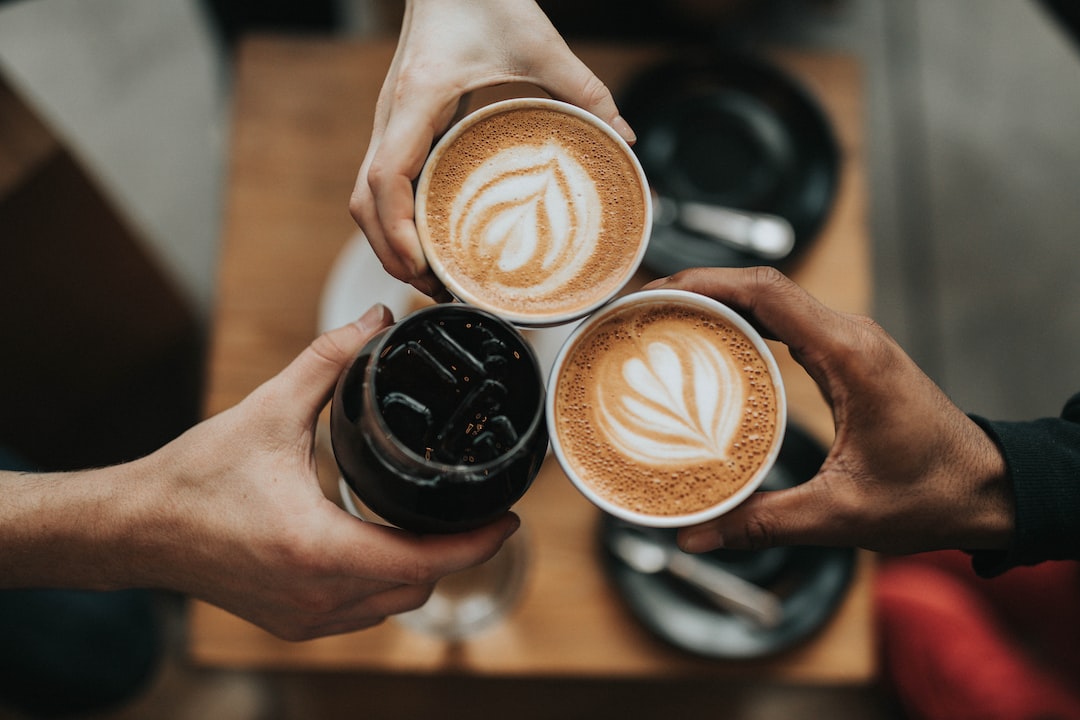
The History of Coffee: From Discovery to Global Phenomenon
Nickel Coffee CompanyShare
Coffee, the glorious elixir that fuels our mornings and keeps us going throughout the day. It's hard to imagine a world without coffee, but have you ever wondered how this humble beverage came to be such a global phenomenon? Join us on a journey through time as we explore the fascinating history of coffee, from its discovery to its widespread popularity today.
The Discovery of Coffee
Legend has it that coffee was first discovered by an Ethiopian goat herder named Kaldi. One day, Kaldi noticed that his goats were unusually energetic after eating the red cherries from a certain plant. Intrigued, he decided to try the cherries himself and experienced a burst of energy. Word spread about this miraculous fruit, and thus began the story of coffee.
The cultivation of coffee plants soon spread to the Arabian Peninsula, where it was primarily consumed as a stimulating beverage by Sufi monks. These monks found that coffee helped them stay awake during their long hours of prayer and meditation. It wasn't long before coffee became an integral part of their religious rituals.
The Rise of Coffeehouses
Coffee's popularity continued to grow, and by the 15th century, coffeehouses began to emerge in the Middle East. These coffeehouses quickly became gathering places for intellectuals, artists, and merchants. They were vibrant hubs of conversation and debate, where people would discuss everything from politics to philosophy over a cup of coffee. Coffeehouses soon became known as "schools of the wise" due to the intellectual exchanges that took place within their walls.
Coffee's reputation as a stimulating beverage spread to Europe in the 17th century. The first coffeehouse in Europe opened in Venice in 1645, and from there, coffeehouses began popping up in major cities across the continent. These establishments became hotspots for socializing, and people would flock to them to exchange ideas, conduct business, and enjoy the newly discovered beverage. Coffeehouses became synonymous with intellectual and cultural enlightenment.
The Birth of Coffee Plantations
As the demand for coffee grew, so did the need for a constant supply of beans. Coffee cultivation spread to various parts of the world, including South America, Africa, and Asia. European colonial powers saw the potential in coffee and established vast plantations in their colonies to meet the ever-increasing demand.
One of the most significant developments in the history of coffee occurred in the 18th century when a French naval officer named Gabriel de Clieu managed to transport a coffee plant from the French colony of Martinique to the tropical island of Saint-Domingue (now Haiti). This single plant became the ancestor of all coffee plants in the Americas, making the continent a major player in the coffee industry.
The Industrial Revolution and Coffee
The Industrial Revolution in the 19th century brought about significant advancements in technology and transportation, which had a profound impact on the coffee industry. Steam-powered ships and railways made it easier and faster to transport coffee beans from plantations to roasters and ultimately to consumers. This led to a surge in coffee consumption worldwide.
The invention of the coffee percolator in the 19th century also revolutionized the way coffee was brewed. This simple yet ingenious device allowed for a more efficient extraction of flavors from the beans, resulting in a bolder and more aromatic cup of coffee. The percolator quickly became a staple in households around the world.
The Rise of Specialty Coffee
In recent decades, the coffee industry has witnessed a shift towards specialty coffee. Consumers have become increasingly interested in the origin, quality, and unique flavors of their coffee. This has led to the rise of specialty coffee shops and roasters, where skilled baristas meticulously brew and serve single-origin coffees with distinct flavor profiles. The emphasis is now on the art and science of coffee brewing, as well as the sustainability and fair trade practices of the coffee industry.
Today, coffee is not just a beverage; it's a cultural phenomenon. It's a way to connect with people, to take a break from the daily grind, and to indulge in a moment of pure bliss. Whether you prefer a bold espresso or a creamy latte, coffee has become an integral part of our lives.
A Brew-tiful Conclusion
From its humble beginnings in the mountains of Ethiopia to its global domination, coffee has come a long way. It has shaped cultures, fueled conversations, and provided comfort to millions of people around the world. So the next time you take a sip of your favorite brew, take a moment to appreciate the rich history behind that humble cup of coffee.
